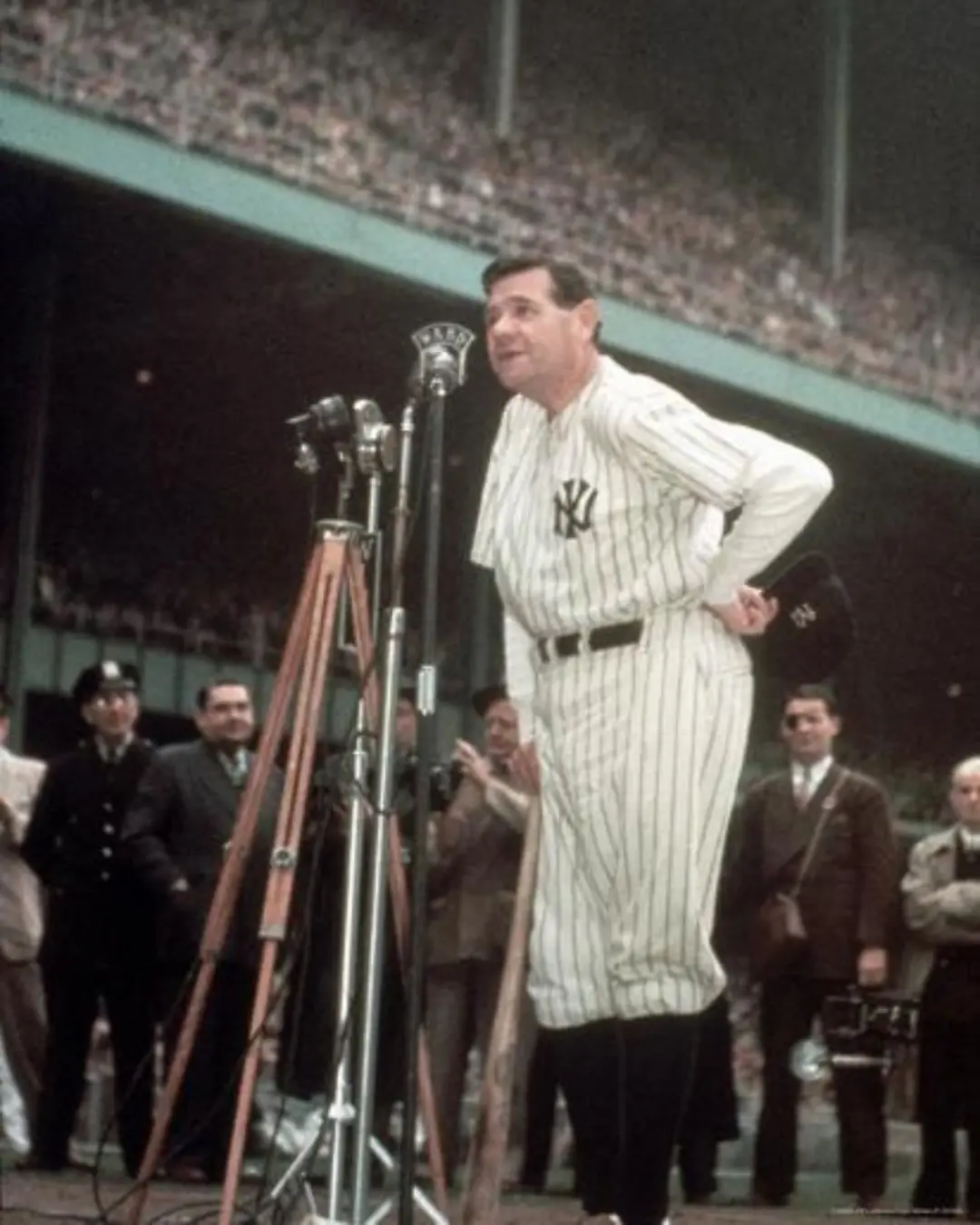
The Day the Herd Came Together: A Mother’s Cry and an Elephant’s Courage.
A Miracle at Nxai Pan: Elephants Show the Power of Family and Compassion
It was a quiet, sweltering afternoon in Botswana’s Nxai Pan National Park — the kind of day when the savanna seems frozen in time. The golden plains shimmered under the weight of the sun, and the only sound was the occasional rustle of dry grass in the breeze. Time moved slowly in that vast wilderness, where life and death often unfold far from human eyes.
Australian wildlife photographers Richard and Vanessa Tustin had been stationed for hours beside a remote watering hole, cameras ready, patience worn thin but their hope still alive. They had come seeking a glimpse of raw nature — perhaps a lion stalking its prey or a graceful giraffe bending for a drink. But what they witnessed that day was something far rarer: a display of pure emotion, instinct, and family unity that would stay with them forever.
Suddenly, the silence was shattered by a cry that pierced the air — deep, guttural, and filled with unmistakable desperation. It came from across the plain, echoing through the heat haze. A baby elephant had become trapped in the muddy waters of the watering hole. The calf's tiny body thrashed about, covered in slick mud, unable to climb the steep, slippery bank.
The young elephant had slipped in while drinking or playing — a tragic misstep. Now he was stuck, his small frame no match for the thick mud that clung to his legs like quicksand.
Nearby, his mother stood beside the water’s edge, visibly distressed. Her eyes were wide with panic, her ears flared as she let out high-pitched trumpets of alarm. Again and again, she reached with her trunk, trying to grip her calf, pulling, lifting, doing anything she could — but nothing worked.
“She was screaming in despair,” Richard remembered. “You could see it in her — sheer, helpless terror. That kind of fear is universal.”
Vanessa, looking through her lens, felt her heart catch. “It was hard to keep filming,” she said later. “You weren’t just watching animals — you were watching a mother fight for her child.”
Richard suspected the elephant was a first-time mother — her panic felt urgent and untrained. She was acting on instinct, but that instinct wasn’t enough. Each attempt she made only seemed to push the calf deeper into the mire.
The Tustins remained still, helpless but respectful, not daring to intervene. In the wild, these moments belong to the animals.
Then, something remarkable happened.
The mother paused, as if realizing she couldn’t do this alone. She stepped back and released a low, rumbling call that vibrated through the ground — a sound so primal it seemed to come from the earth itself.
From a short distance away, another elephant broke from the herd. She was larger, older, and walked with the slow, commanding presence of a leader. She was the matriarch — the experienced elder of the group, and with her arrival came a shift in the air.
She approached calmly but with purpose. Without hesitation, she moved beside the panicked mother and gently nudged her aside, almost as if to say, “Let me help.”
Then, with practiced precision, she stepped into the muddy pool, unfazed by the slippery terrain. She reached down, wrapped her powerful trunk around the baby’s midsection, and braced her legs firmly in the sludge.
One mighty lift.
A splash. A squeal. A moment suspended in time — and then, it was done.
The calf scrambled onto solid ground, legs shaking, covered in mud but safe.
For a second, the world held its breath. The only sound was the soft huffing of breath from the elephants. Then, as if on cue, the entire herd erupted in trumpets of joy — an explosion of sound that carried across the plains like a chorus of celebration.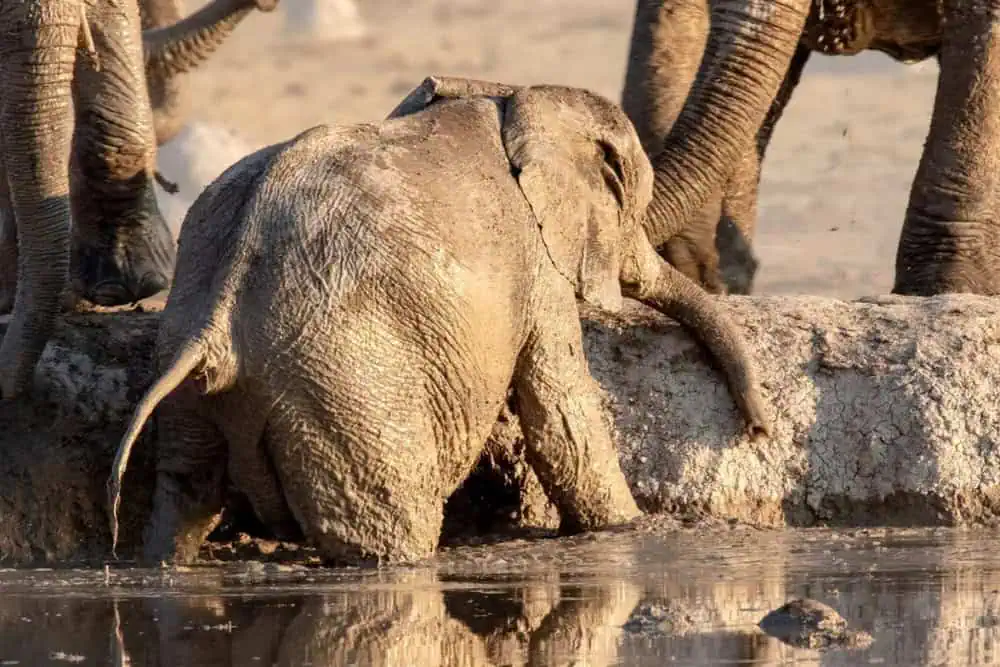
“It was unforgettable,” Richard said. “They weren’t just relieved — they were rejoicing. You could feel it. This was a moment of triumph.”
Though the rescue had taken barely a minute, its emotional weight was immeasurable. For the Tustins, who had spent years photographing wildlife around the world, it was one of the most powerful scenes they had ever witnessed.
Elephants are known for their intelligence, but what they saw that day went beyond intellect — it was empathy in motion, an ancient wisdom passed down through generations of matriarchs.
According to experts at ElephantVoices, elephant herds are intricate societies built on loyalty, cooperation, and emotional bonds. Calves are raised not only by their mothers but by aunties and grandmothers, forming a web of protection and care. What unfolded that day wasn’t just survival — it was a lesson in compassion.
After the calf was safe, the mother reached out and gently stroked her baby’s back with her trunk. Then, she turned to the matriarch, brushing her trunk across her rescuer’s face in what could only be interpreted as gratitude — a silent but profound thank you from one mother to another.
“It was a sacred moment,” Vanessa said. “We were witnessing something beyond words — a connection so deep, so honest, it humbled us.”
Richard added, “These animals show us that love, courage, and unity aren’t human inventions. They exist out there, in the wild, in herds and flocks and families — all trying to care for each other the best they can.”
That day, under the blazing African sun, a young elephant was saved from the mud. But something else was lifted too — a reminder to the watching world that strength lies not just in muscle, but in the courage to ask for help, and the compassion to answer the call.
Sometimes, the greatest acts of kindness echo across the savanna — carried on the footsteps of giants who never leave their own behind.
News in the same category


Love Comes in Every Color: A Family’s Beautiful Reminder That Genetics May Surprise Us, but Love Never Does.

Petunia’s New Beginning: A Story of Love Found

From Broken to Beloved: The Story of Steven, the Dog Who Taught Us Why Kindness Matters
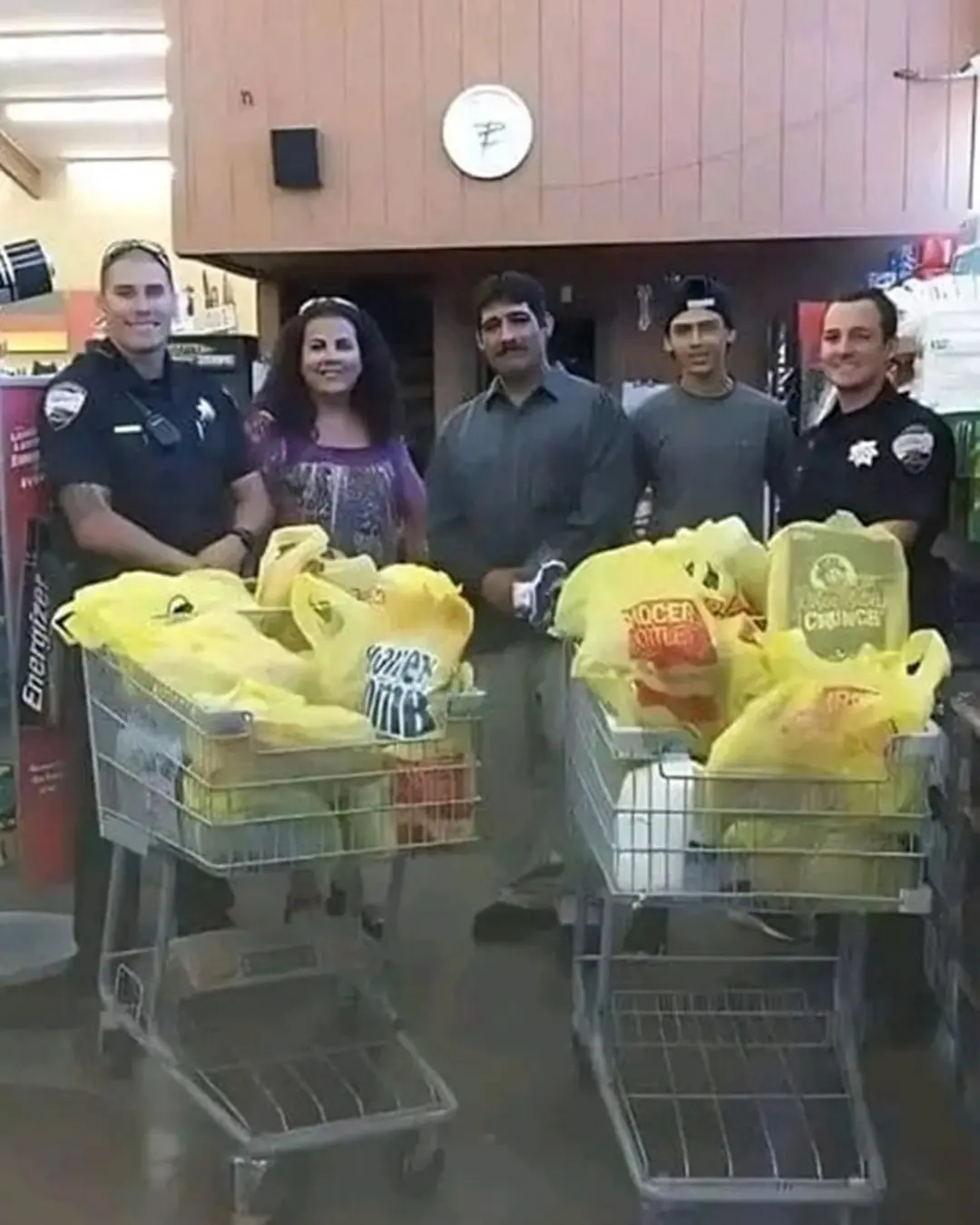
A Community Comes Together for Zeke.
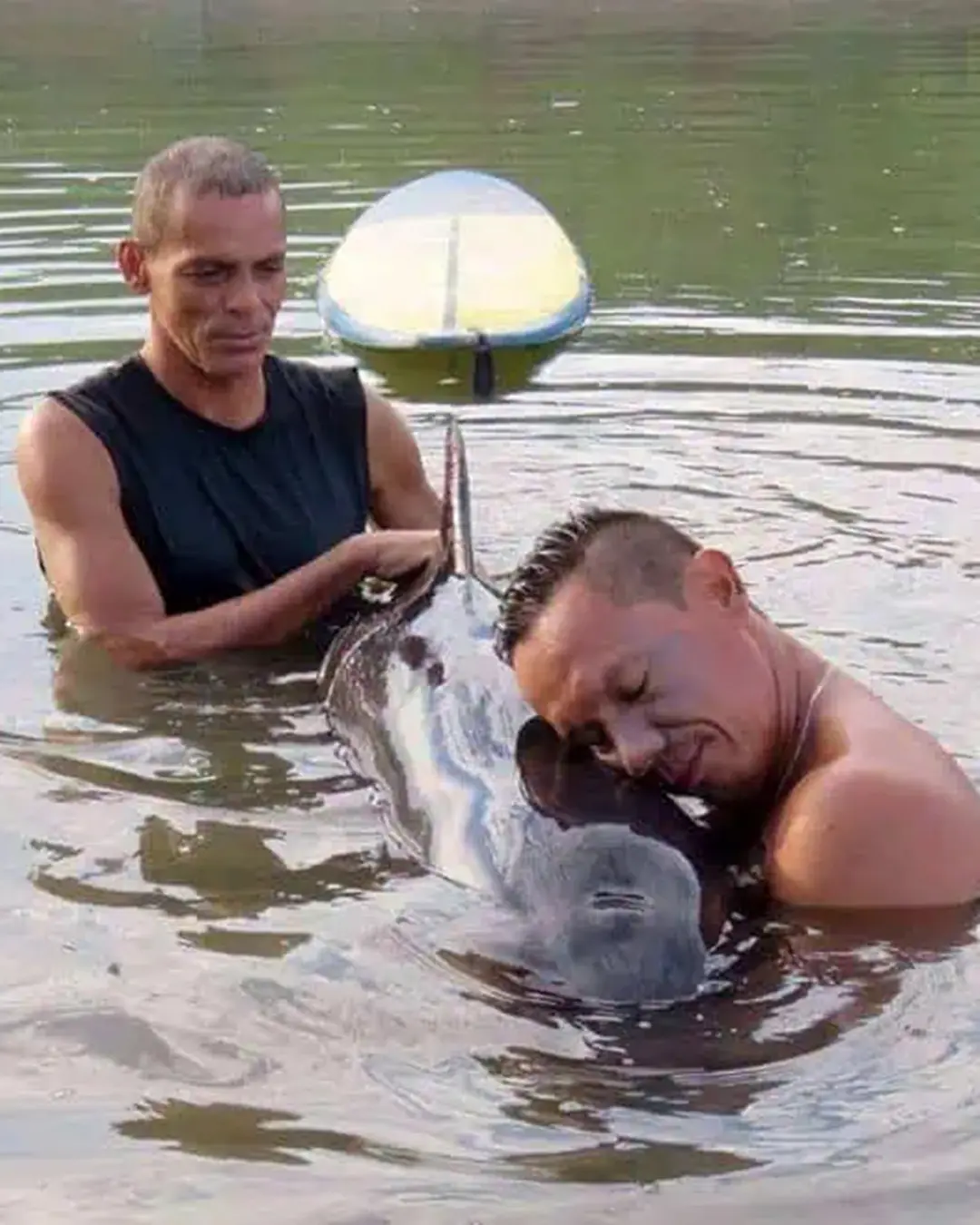
Surfers Trade Waves for a Life-Saving Mission: Rescuing a Stranded Baby Whale.
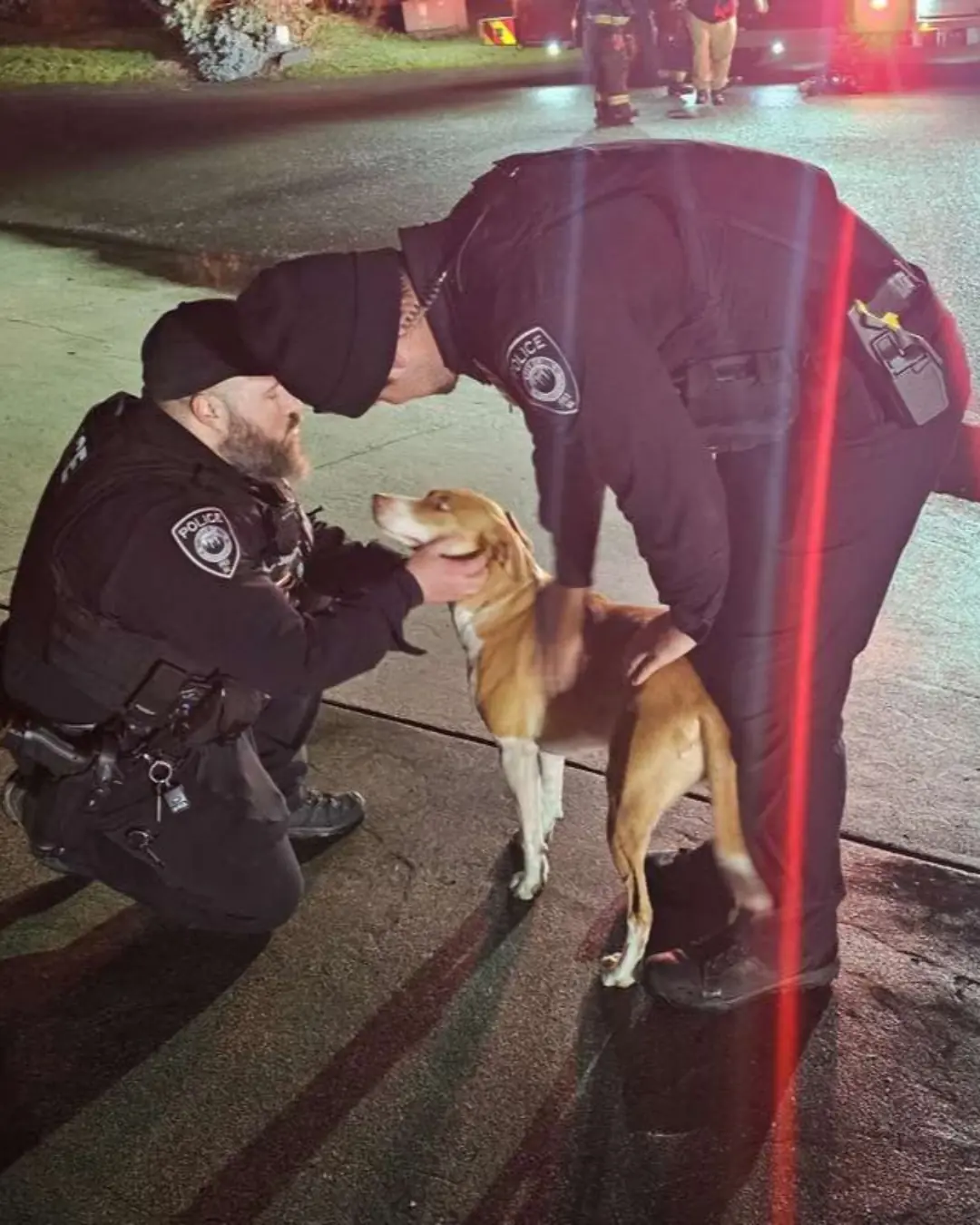
Lucy the Hero: The Dog Who Saved a Life
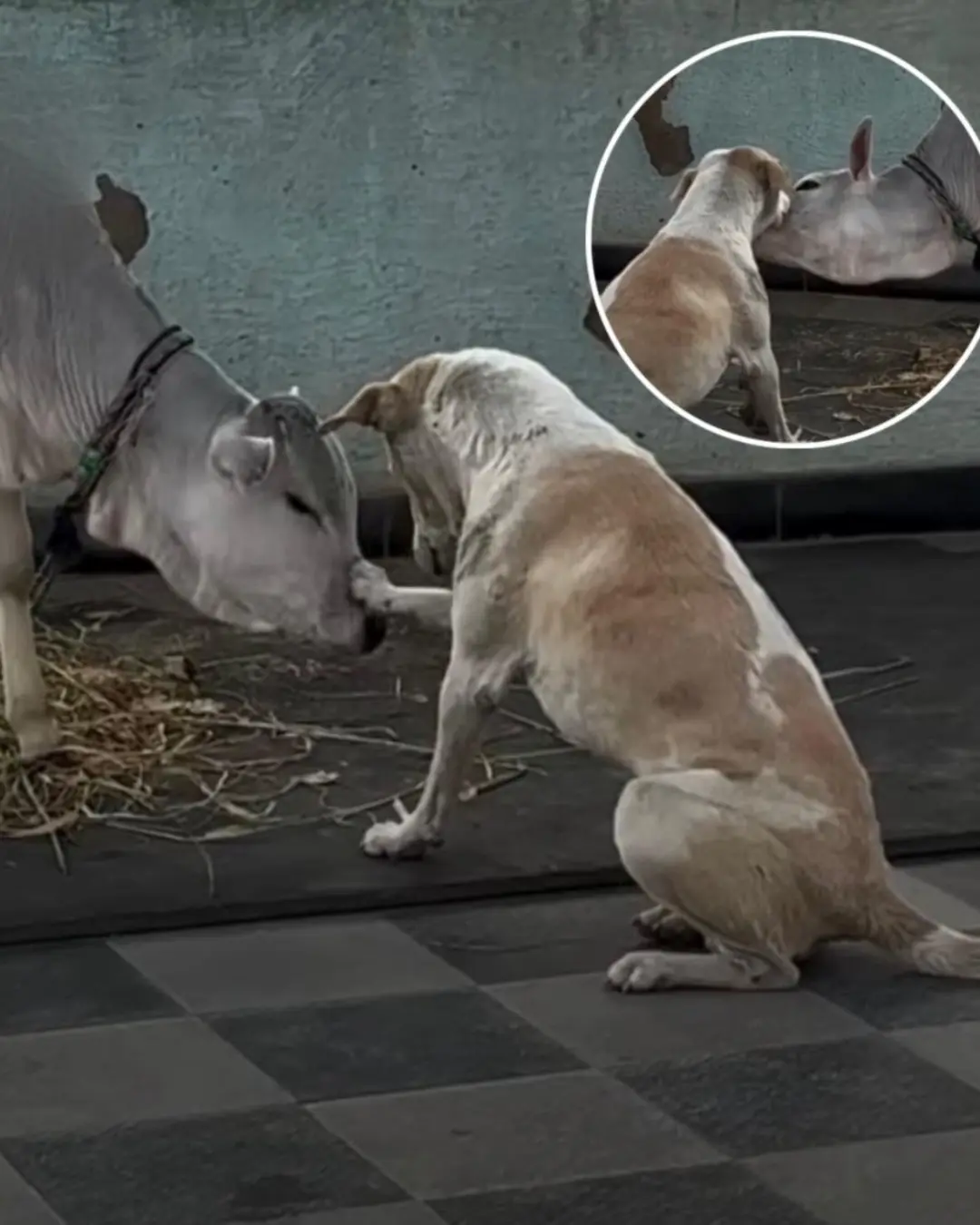
A Stray Dog’s Unlikely Best Friend: The Cow Who Became Home
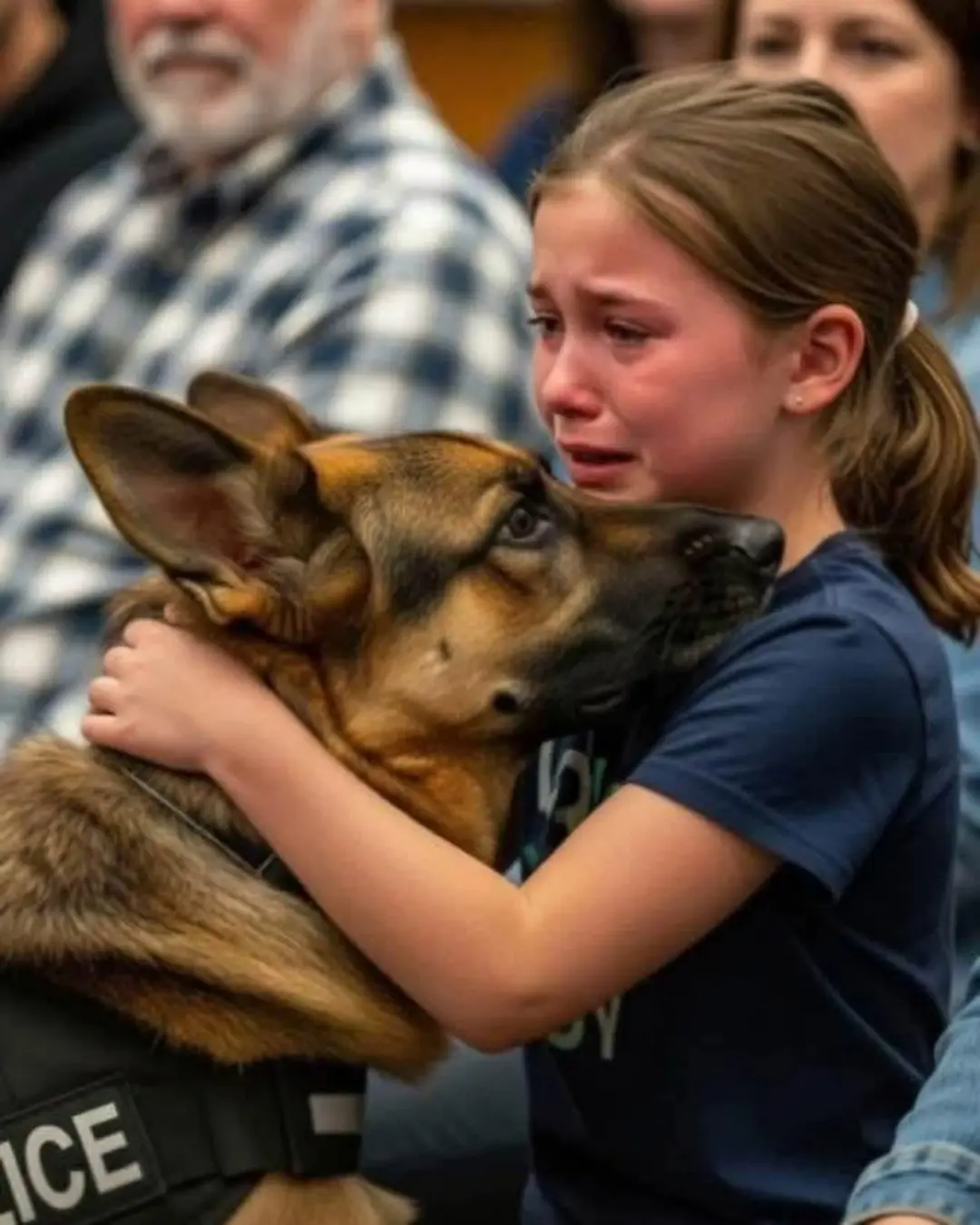
When a Little Girl Bid $52.16 and Won Back Her Mother’s Police Dog
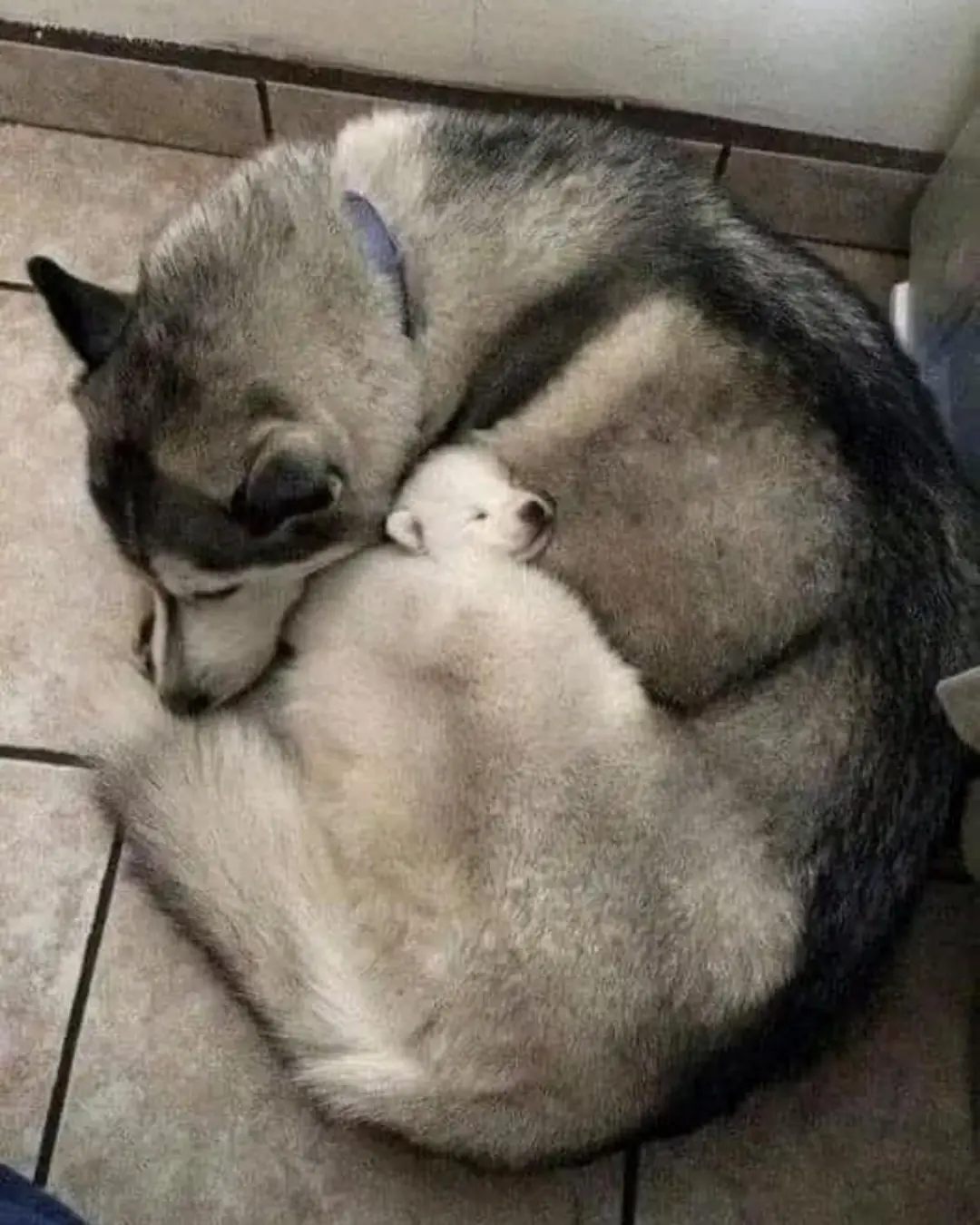
From Rescue to Guardian: How One Dog Taught Us the Power of Love
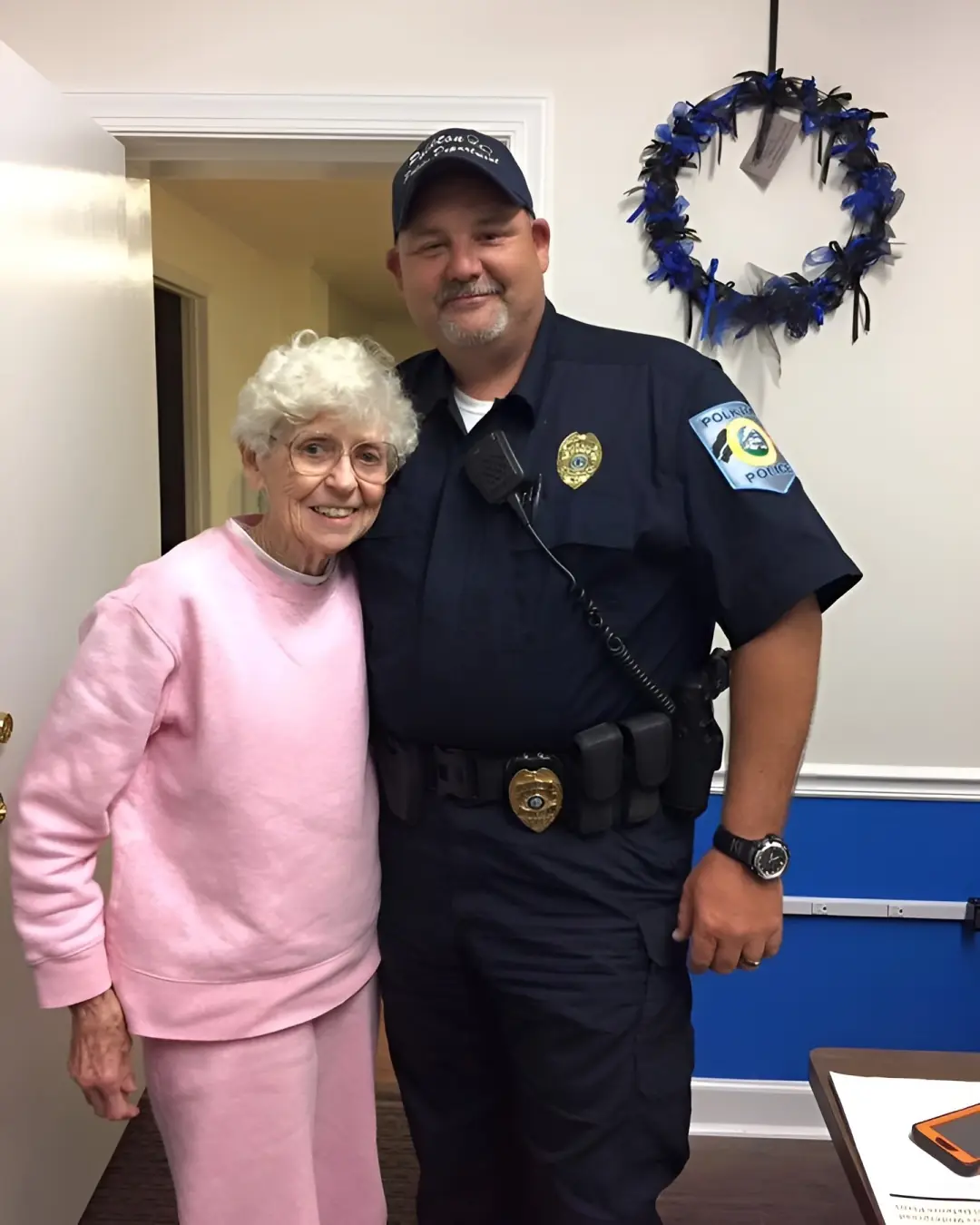
The Day That Changed Everything: A Chief’s Encounter with Grace

A Triumph of Hope: Chance's Battle Against Leukemia and His Journey to Freedom
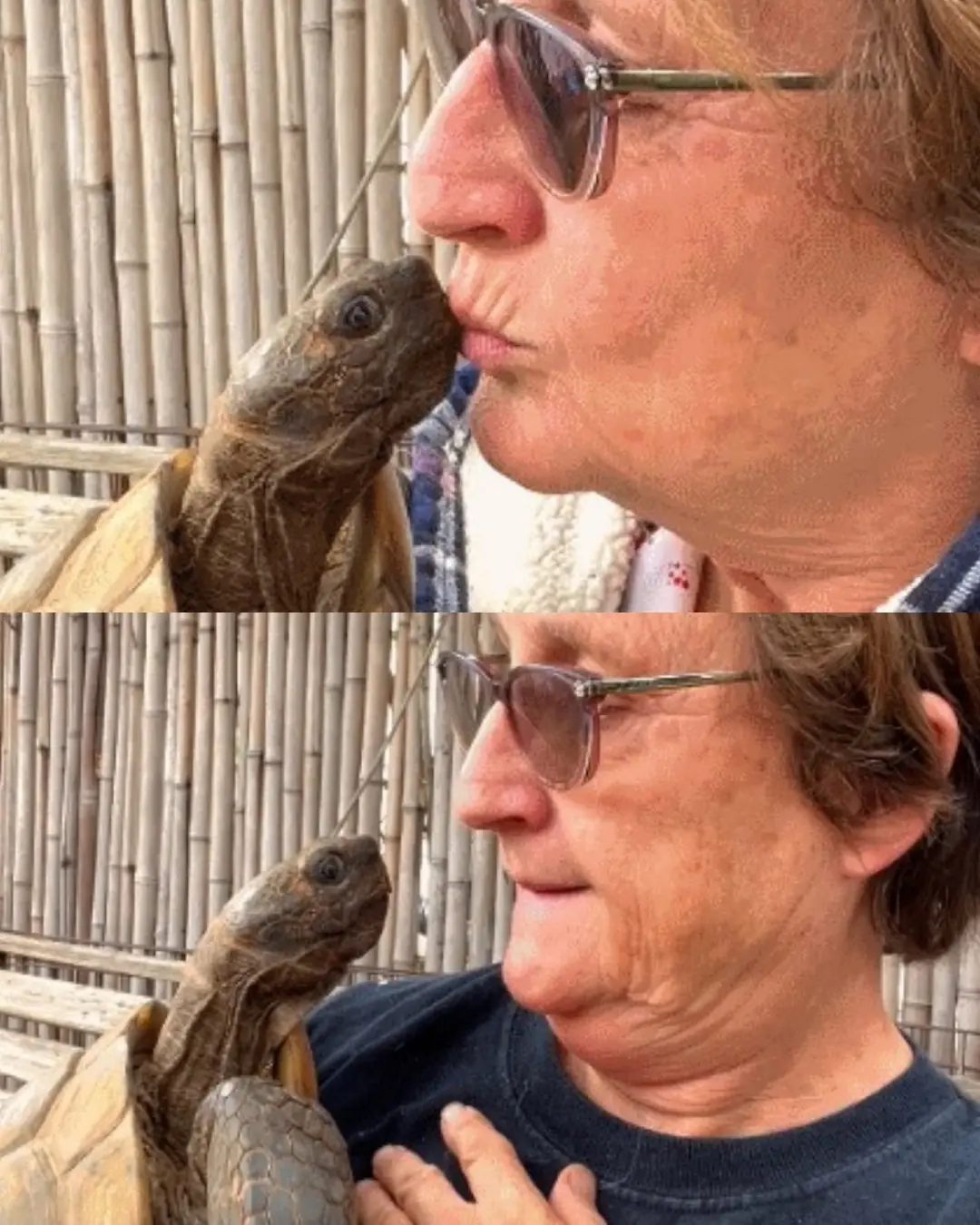
The Woman and the Tortoise Who Grew Old Together.
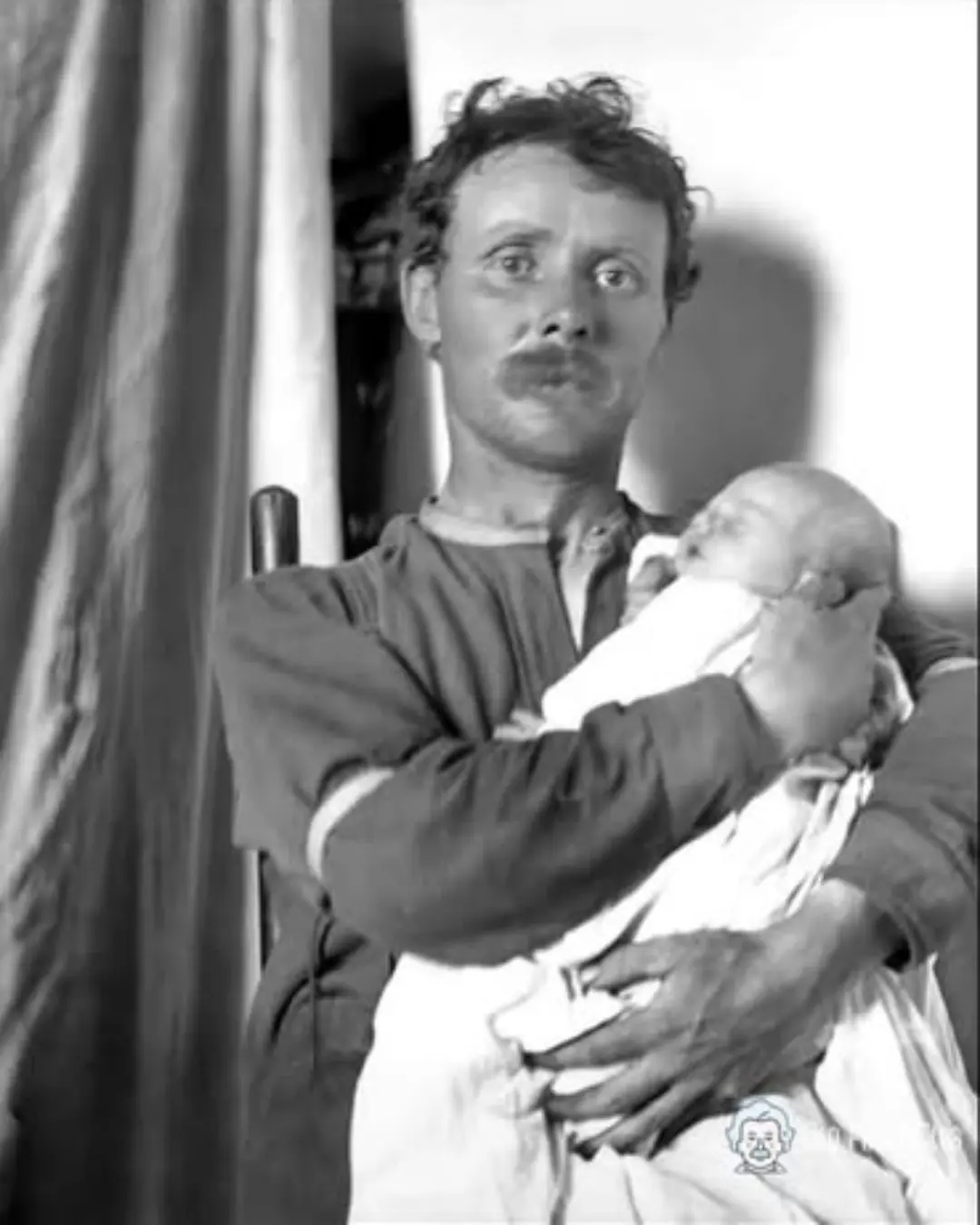
The Man Who Plowed with One Hand and Rocked a Child with the Other.
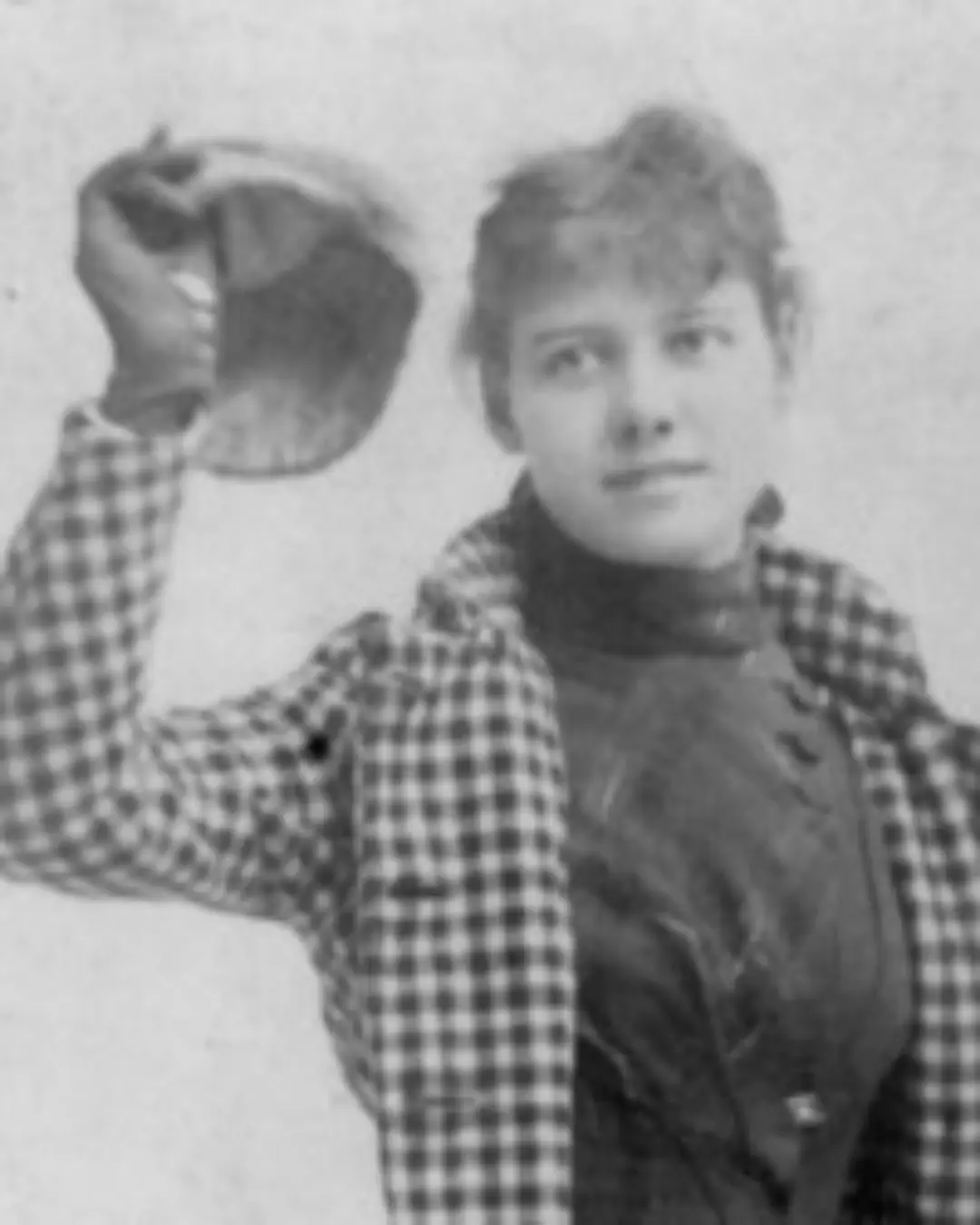
The Woman the World Forgot — and the Words That Refused to Die.
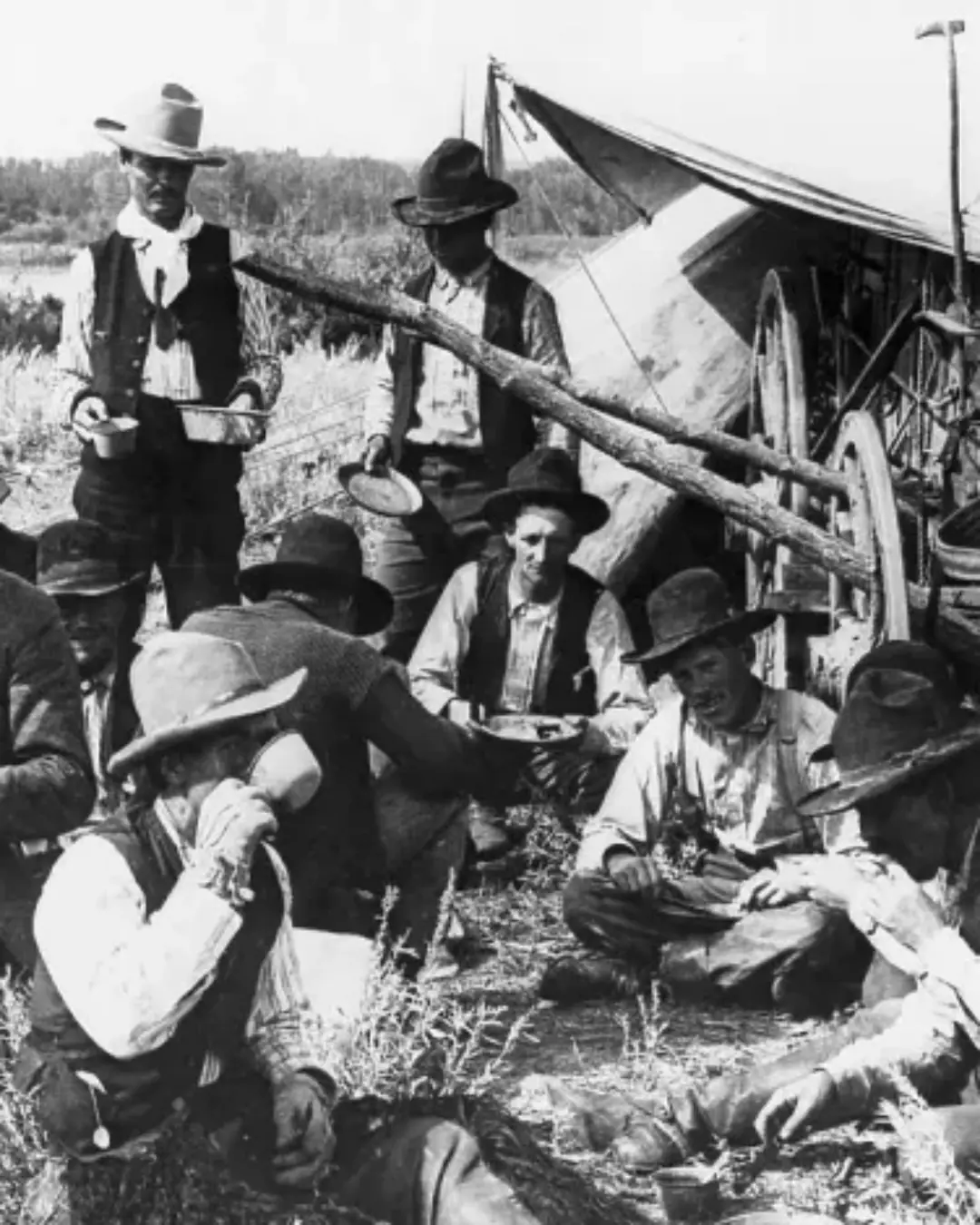
Nelson Story: The Cowboy Who Built a Legacy.
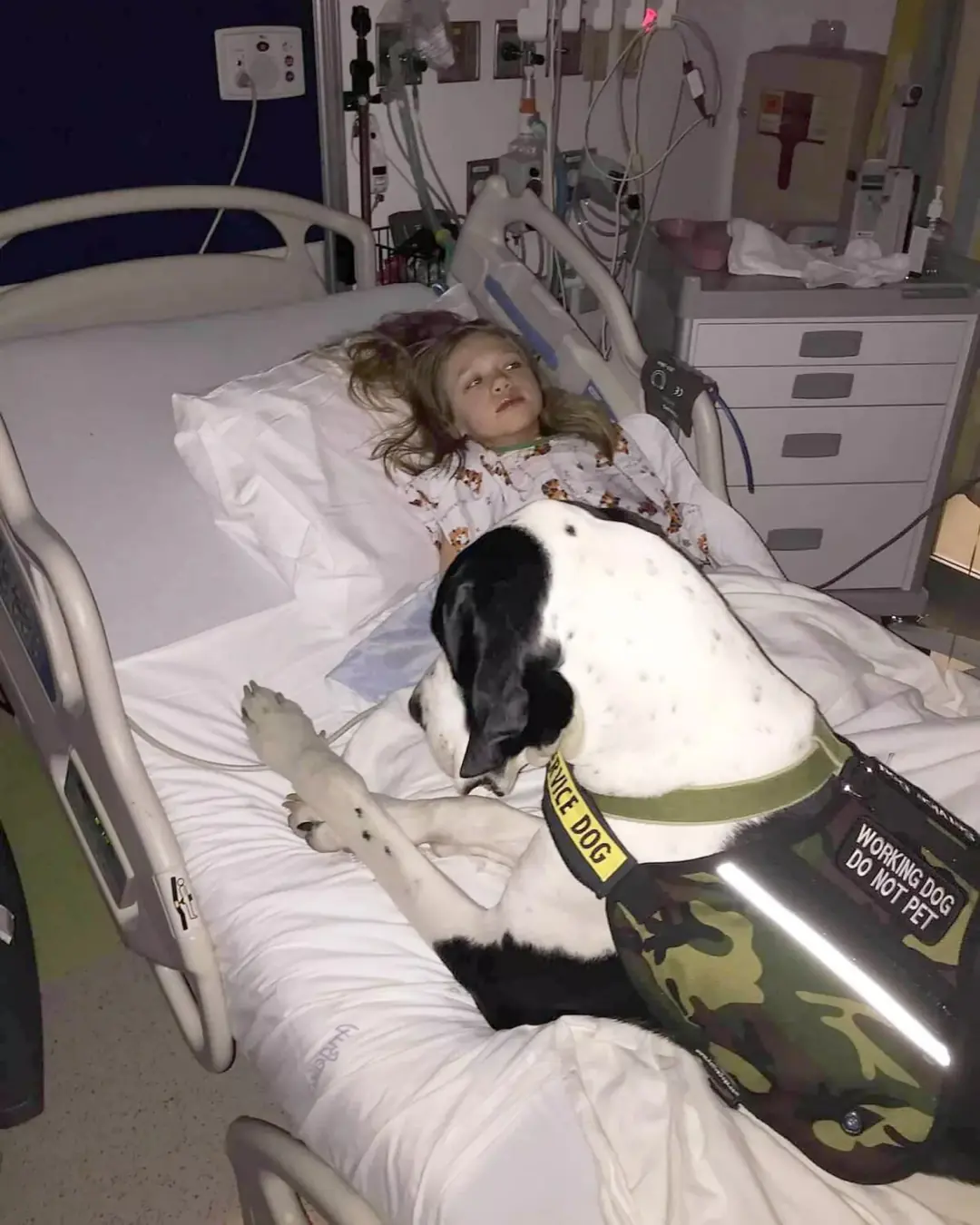
The Guardian with Four Paws.

The Girl Who Came Back After 15 Months.
News Post

The House That Ruth Built: The Babe’s Final Farewell.

Love Comes in Every Color: A Family’s Beautiful Reminder That Genetics May Surprise Us, but Love Never Does.
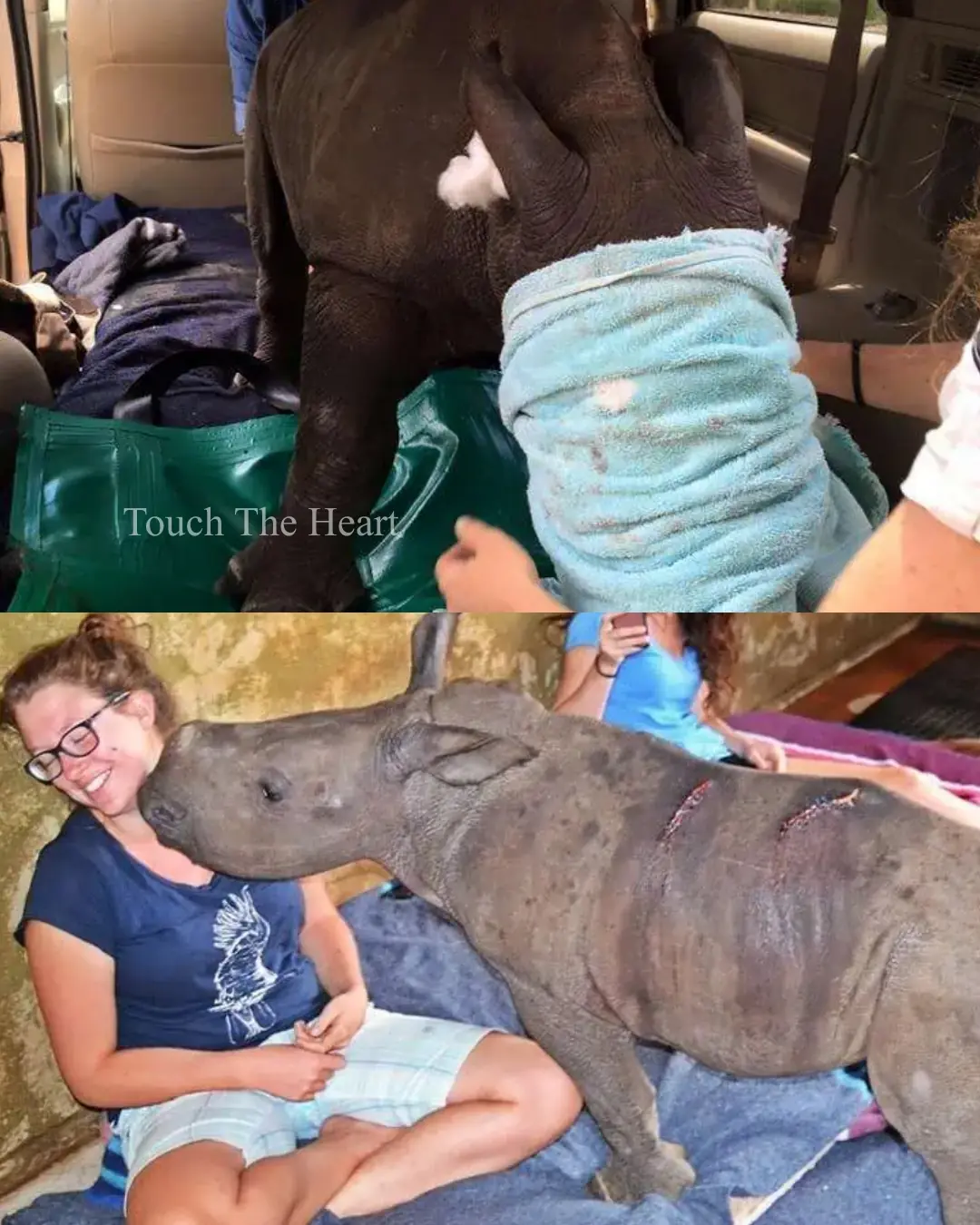
J’aime the Baby Rhino: The Little Survivor Who Learned to Love Again.
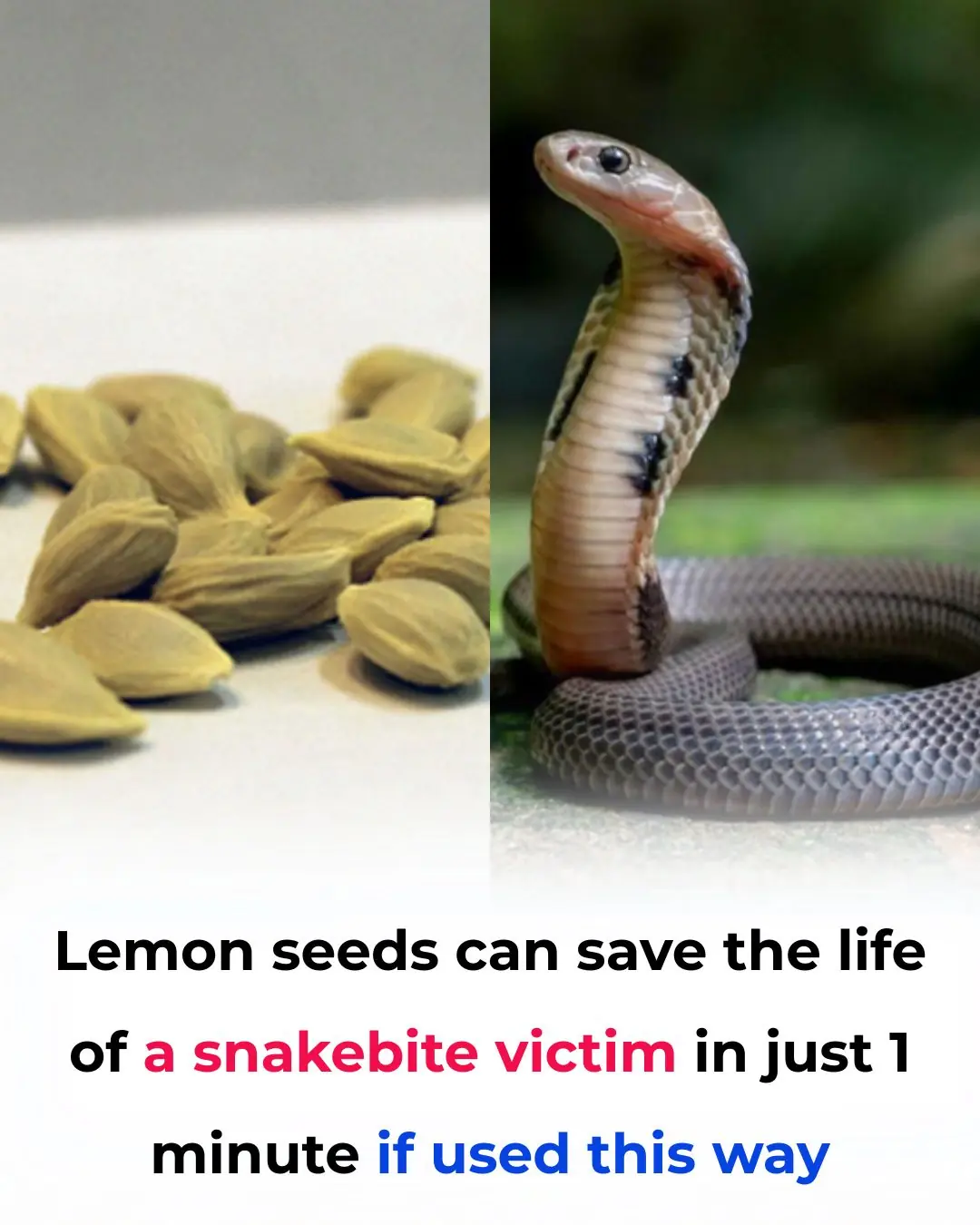
Lemon Seeds Can Save a Snakebite Victim Within Just One Minute If Used This Way

Why Keeping A Lemon In Your Bedroom Is A Great Idea

Put salt in your toilet. Here's why. This is something plumbers will never tell you
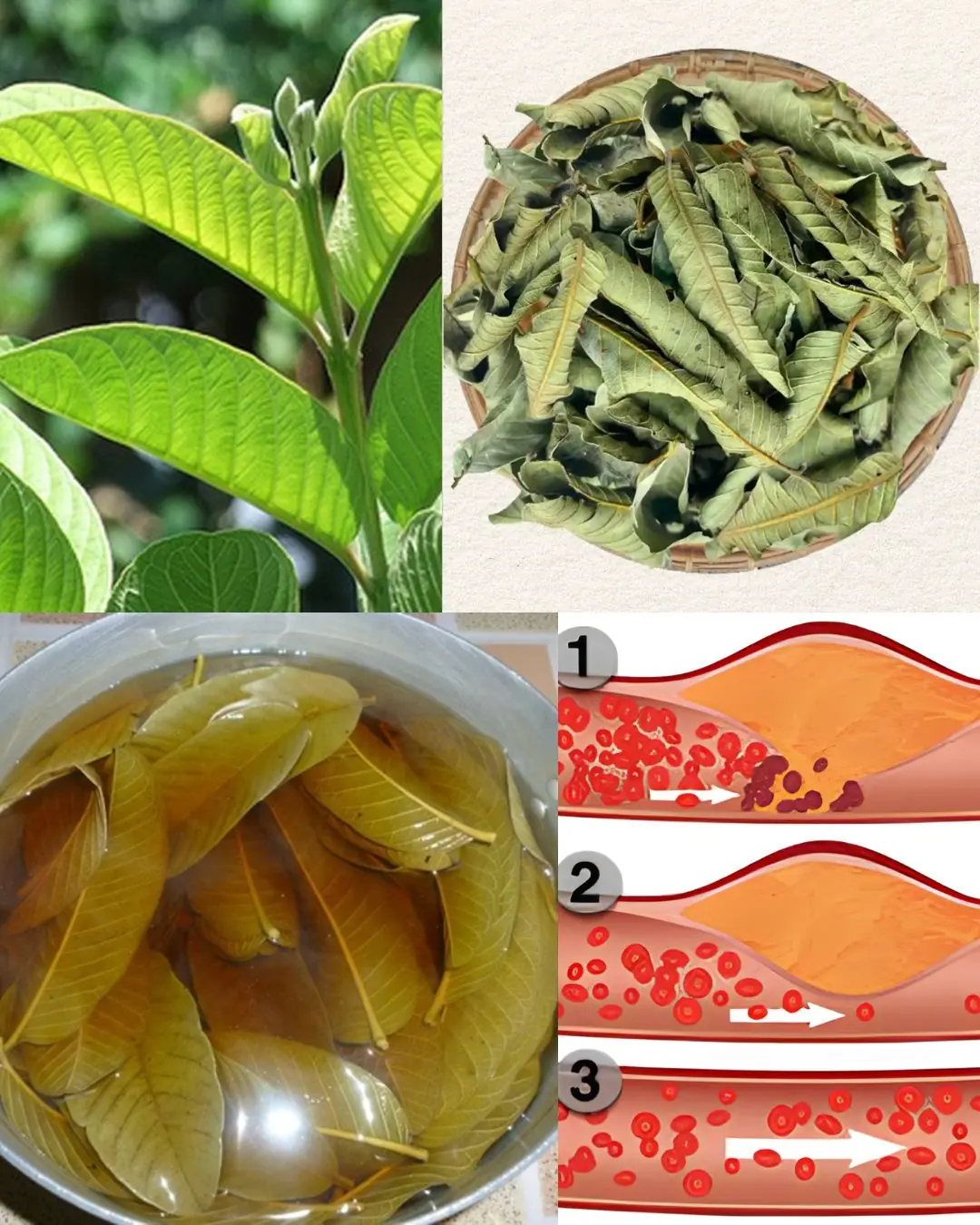
Guava Leaves for Blood Sugar Control: Nature’s Gift for Diabetics
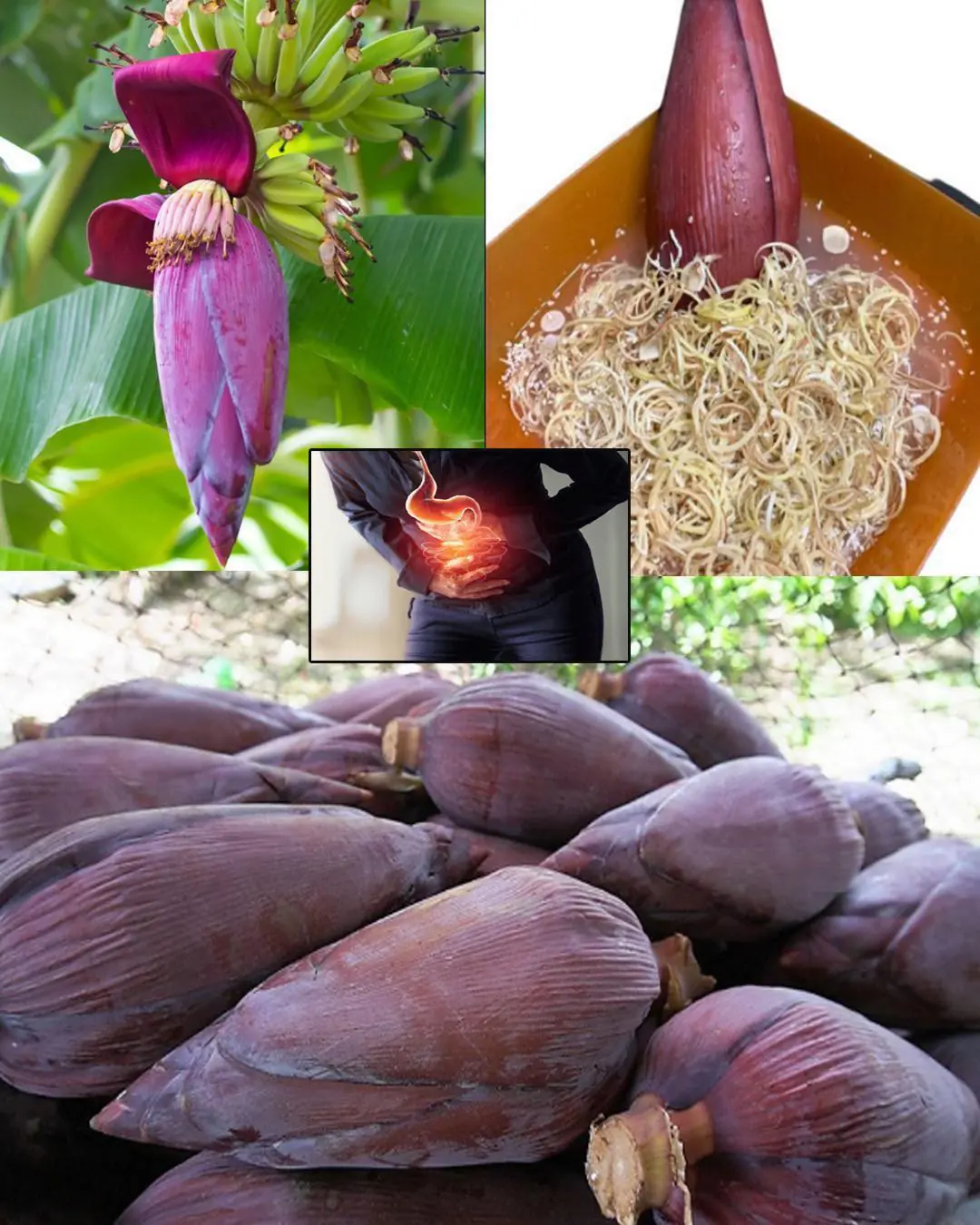
Banana Blossom: Health Benefits, Recipes, and Uses
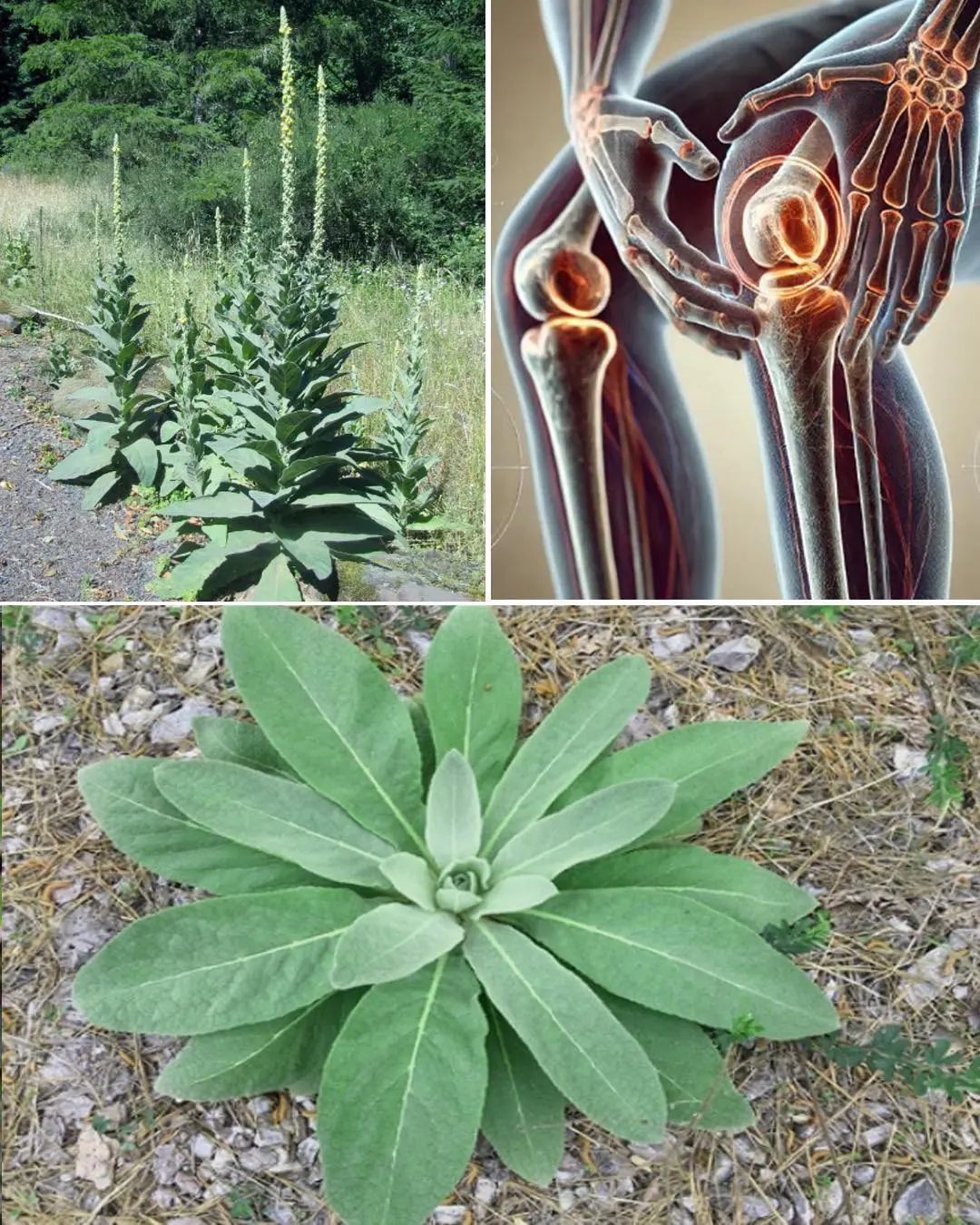
Common Mullein: Benefits and Uses of Nature’s Versatile Herb
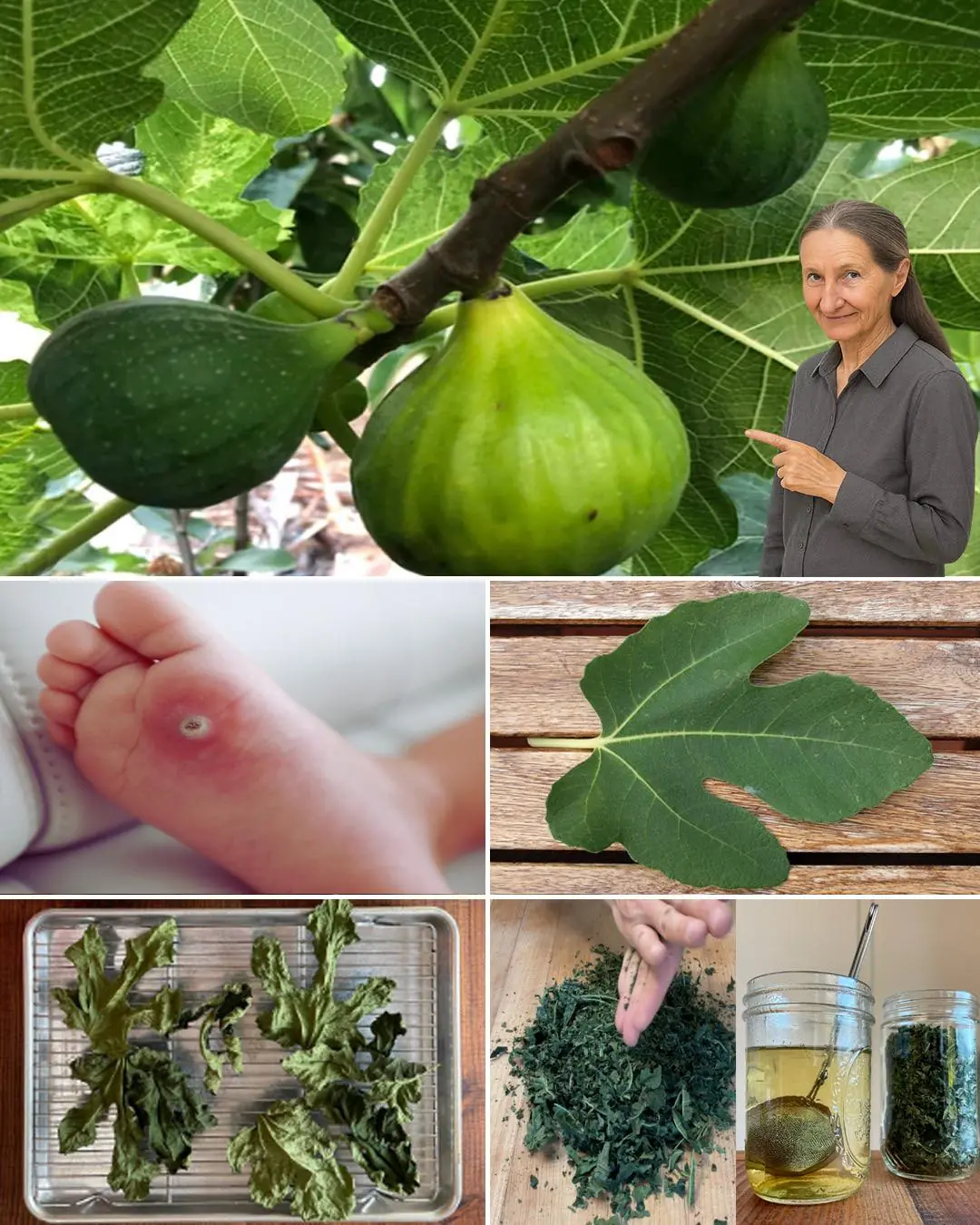
Fig Leaves: Surprising Benefits and Uses

Inner Vitality Elixir: Benefits of Uda Seeds, Lemon, Aidan Fruit, and Ginger for Women’s Health

When Checking Out of a Hotel, Don’t Fold the Bedding—Not Knowing This Will Only Cause Trouble
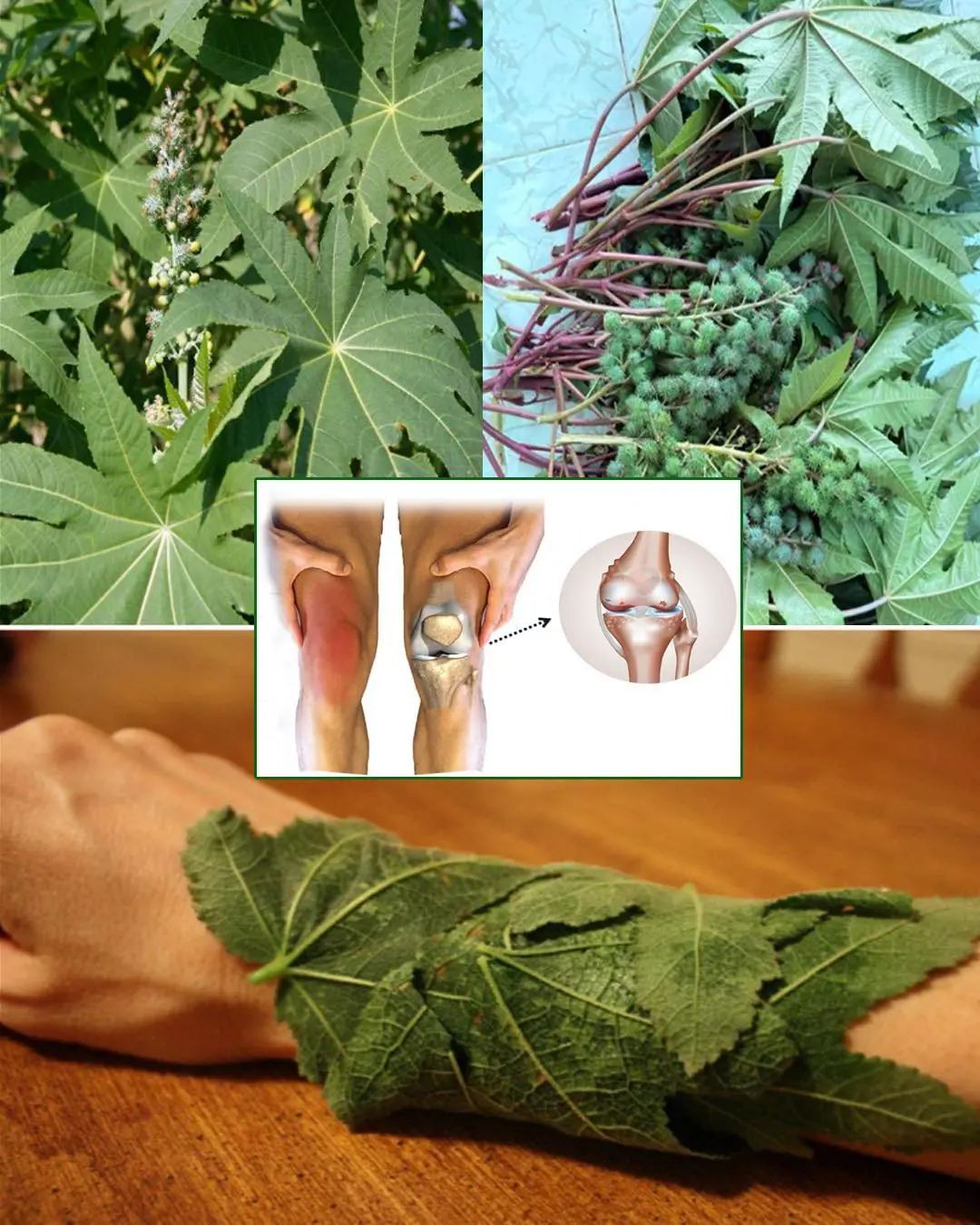
Some of the Benefits of Castor Leaves and the Seed

The Versatile Uses of Stubborn Grass

Pour Beer into Table Salt to Solve Many Household Problems – Wish I Knew This Trick Sooner!

The Best Tea for Mornings and After Dinner: A Powerful Blend for Health
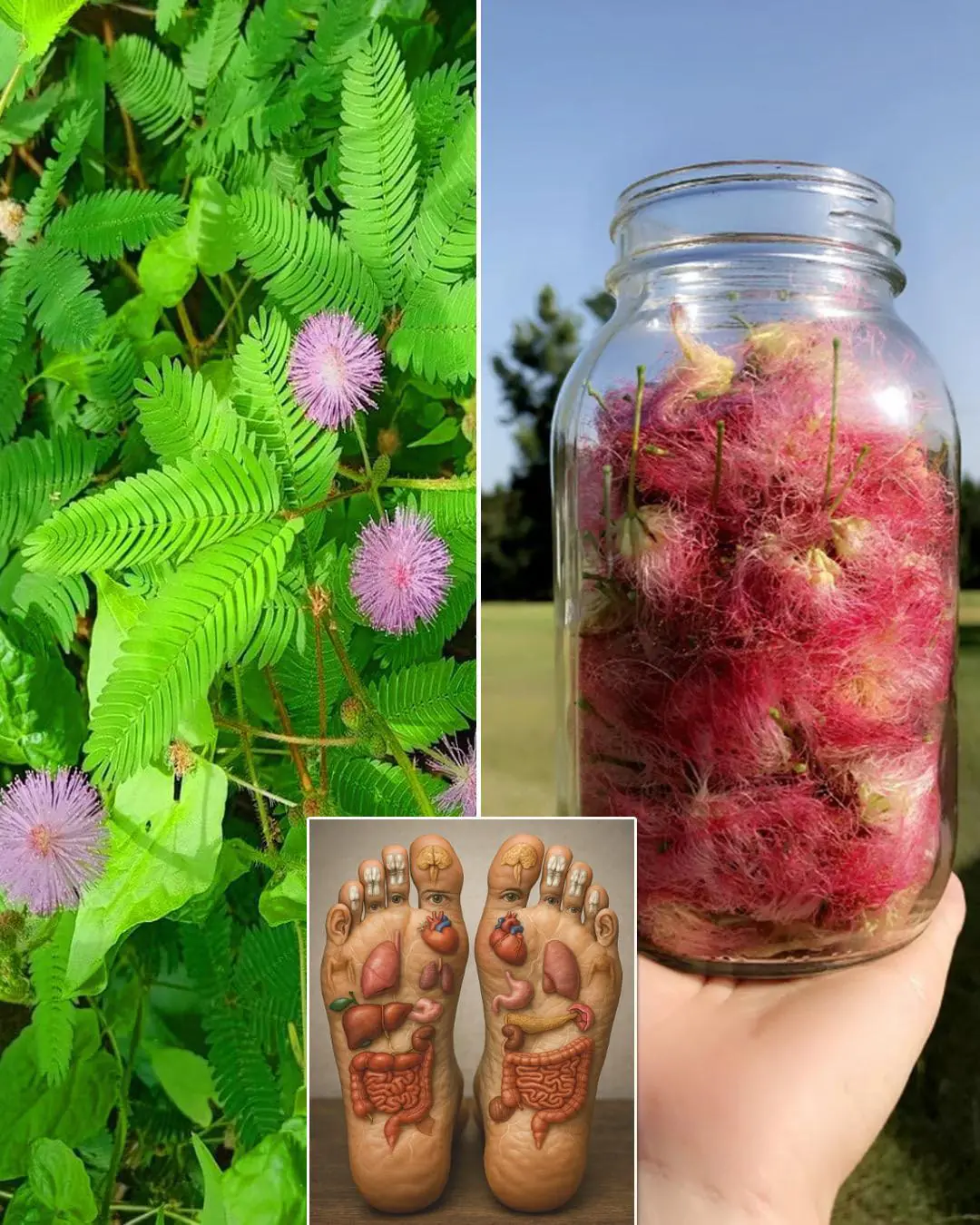
Mimosa Pudica Tea: How to Prepare and Health Benefits

If you have this plant in your garden, don’t cut it down – it’s incredibly valuable!
